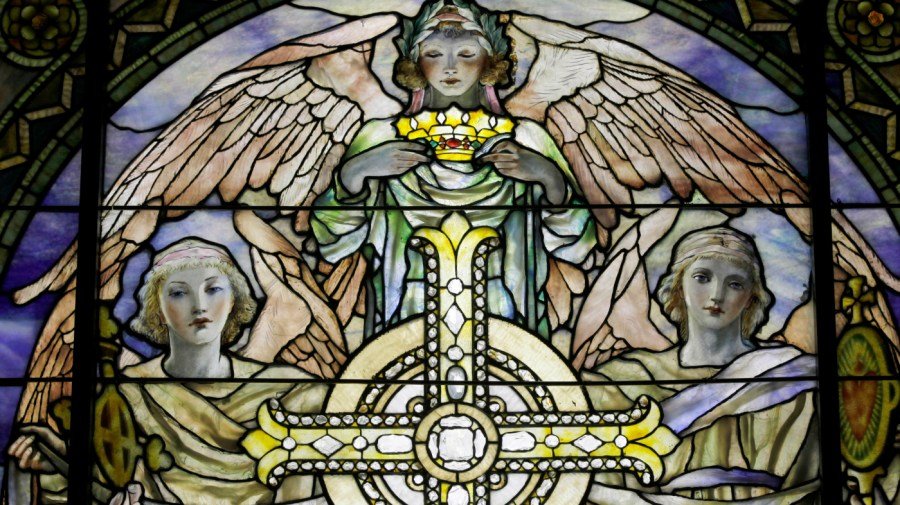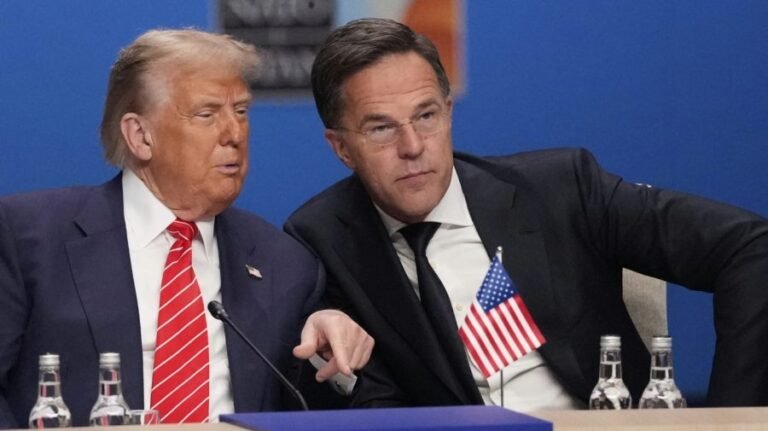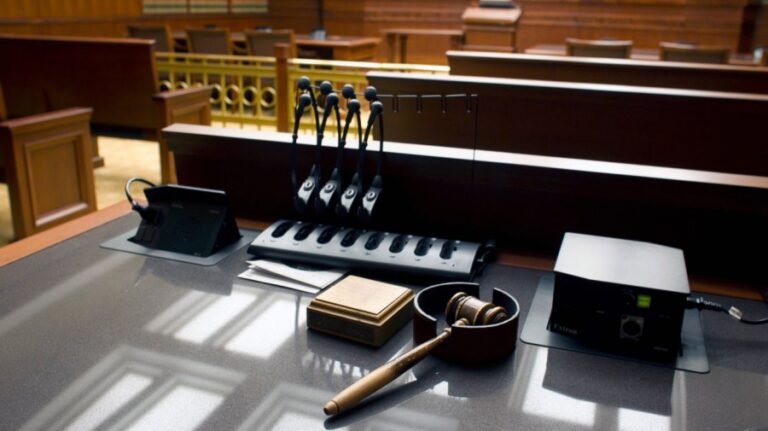
In an era of heightened polarization, especially in the nation’s capital, it’s rare to find a value that unites Americans across political, generational and ideological divides. But one principle is quietly gaining ground: religious freedom, and not just among the devout.
Earlier this year, the Becket Fund for Religious Liberty released its annual Religious Freedom Index, which revealed that support for religious freedom in the U.S. is not only strong but growing.
The index, based on a survey of 1,000 American adults, measures support across six dimensions, from “Religion in Action” to “Religious Pluralism.” A score of zero reflects total opposition to all surveyed aspects of religious freedom, while a score of 100 represents complete support.
This year’s composite score reached a record-high of 70 out of 100 — the strongest since the index launched in 2019.
The upshot, according to the report, was that an increasing number of Americans “crave a culture that values religious freedom — a place where faith is respected, not sidelined.”
Why does this matter? Because it signals that Americans — especially younger ones — are beginning to recognize that religious freedom isn’t just about religion. It’s about liberty.
A big part of the story — and a reason for optimism — is Generation Z. When it comes to being open to discussions and expressions of someone’s personal faith or allowing for religious expression in the public square, Gen Zers led the way among all age groups. This suggests that the up-and-coming generation is comfortable expressing and encountering differences with others, despite often being portrayed as narrow in thinking.
Another bright spot on the index was religious pluralism. Although that metric has historically been strong, this year it climbed to a record high of 86. Even non-Christian respondents were more likely to report feeling accepted.
For people of faith, this is good news. But what about those who aren’t religious? Is religious freedom a zero-sum right that benefits only the religious?
The reality is quite the opposite. In fact, many of the secular constitutional rights we now take for granted arose from religious minorities fighting for their right to preach, proselytize and publish their religious views.
Consider Jehovah’s Witnesses. During the 1930s and ’40s, their public proselytizing and refusal to salute the flag or send soldiers to war led to immense persecution. Many communities used legal means to suppress their preaching. They were arrested for distributing religious tracts without a license and for “breaching the peace” by playing religious recordings.
But they did not back down — they went to court, and they won. Witnesses brought a bevy of cases, resulting in at least 190 appeals and dozens of favorable Supreme Court decisions. Today, those decisions form the backbone of America’s robust free-speech case law.
Those court victories didn’t just affirm the rights of Witnesses and other public preachers. They helped define the First Amendment as we know it. Today, thanks to their efforts, everyone from political canvassers to Girl Scouts can go door-to-door to make their pitch or sell cookies. Activists can protest in public, and students can express themselves on campus.
Extending the right to preach can also influence secular movements on a larger scale. The Black civil rights movement of the 1950s and ’60s, for example, might not have been possible, were it not for the free speech, press and petition rights secured by Jehovah’s Witnesses.
Like the Witnesses before them, Black activists were arrested for going door-to-door to hand out leaflets and for assembling in public spaces. Again, some were arrested for breaching the peace. The late congressman and civil rights leader John Lewis was famously arrested in Selma, Ala., for carrying a sign outside a courthouse that read “One Man, One Vote.”
Several such cases made their way to the Supreme Court. In case after case, when the Supreme Court ruled in favor of Black civil rights activists, it relied on the precedents secured by Witnesses.
Today, a similar pattern may well continue to play out. When the Supreme Court recently ruled in favor of a high-school football coach who sought to pray at the 50-yard line after games, its ruling affirmed the rights of other coaches who wish to religiously express themselves. But as a free speech precedent, the decision might also protect a coach taking a knee for social justice.
Religious freedom doesn’t need to be zero-sum: It can be a rising tide that lifts all boats. It should be something to cheer for, even if you aren’t religious.
Joshua C. McDaniel is an assistant clinical professor of Law at Harvard Law School and faculty director of the School’s Religious Freedom Clinic.






